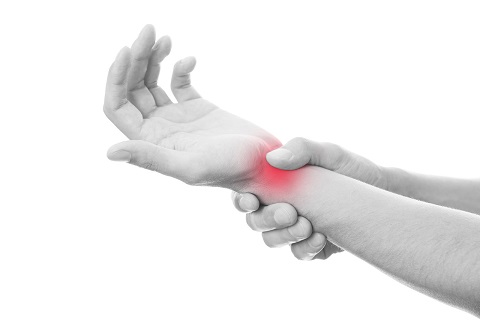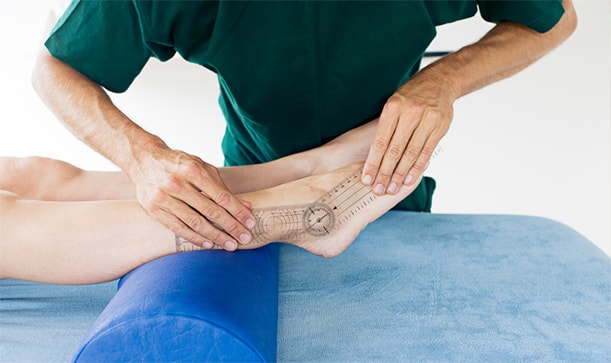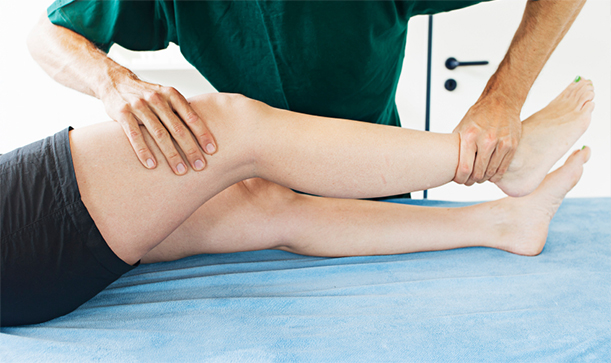CK Physiotherapy
AREAS COVERED
W7, W5, W13, Ealing, West London
57 Elthorne Avenue
Hanwell, W7 2JY
T: 020 8566 4113
M: 079 572 46185
E: info@ckphysio.co.uk
Location / Parking
We are situated in Hanwell, between Boston Manor Road and Northfields Avenue, south of the Uxbridge Road.57 Elthorne Avenue
Hanwell, W7 2JY
There are parking restrictions Mon - Fri 9-10am and 2-3pm. If you need a permit during this time please inform your therapist when you arrive. There are no parking restrictions at other times.
Opening Times
Please phone the number above during working hours to make an appointment. Our reception service will be happy to book your session.
London Underground / Bus Services
London Underground
10 min. walk from Boston Manor Tube Station.
15 min. walk from Northfields Tube Station.
Bus Service
E8, E3, E2, 207, 607, 83
Request Call Back
Our Blog
Prevention and Physiotherapy Can Make Carpal Tunnel Syndrome Bearable
By: BryanKelly (Psst, View author in Google Plus) Date: Jun 2nd, 2015Veteran tennis coach Phil has been teaching young people the game he loves for 20 years. For so long, he hasn’t experienced any sort of bodily breakdown, until recently, when he felt discomfort on his hands and wrists. A parent of one of his students suggested that it might be carpal tunnel syndrome, but he dismissed the notion on the belief that it’s only reserved for people who work all day on computers. It’s not.

Carpal tunnel syndrome is a type of repetitive-strain injury, and Phil’s habit of swinging weighty tennis rackets has definitely taken a toll on his wrists. The condition gets its name from a portion of the wrist bones, where there’s a literal “tunnel” through which the median nerve passes through. This controls the sensation of two-thirds of the palm and fingers, and if they get squished inside the narrow tunnel, sensation is decreased and the common symptoms (tingling, numbness, and pain in the hand and fingers) are experienced.
Women in their 40s and 50s are two to three times more vulnerable than men to getting carpal tunnel syndrome, as well as those who use their wrists a lot either at work or play. Other risk factors include pregnancy, obesity, arthritis, diabetes, thyroid problems, and even genes (there have been studies pointing to the possibility that carpal tunnel syndrome may run in the family). Anatomic factors such as a wrist fracture or dislocation also exist, since such incidents can actually alter space within the carpal tunnel and subsequently exert extra pressure on the median nerve.
Fortunately, there are various treatment options for carpal tunnel syndrome, in the surgical and non-surgical classifications. A viable and proven effective non-surgical option would be standard physiotherapy, which includes activities such as stretching and range-of-motion exercises. Offered by companies like CK Physio (which serve the Ealing area), physiotherapy has been found effective for patients with mild to moderate cases. Other non-surgical methods include administration of nonsteroidal anti-inflammatory drugs (NSAIDs) and oral corticosteroids.
While treatments like standard physio abound, prevention is still much better (as most practitioners would say). Maintaining a healthy weight, avoiding smoking, and regular exercise are key, as well as keeping the arm, hand, and finger muscles strong and flexible. For individuals making use of their wrists daily, it is advised to take occasional breaks and to maintain a correct posture while working.
Sources:
Health: What Is Carpal Tunnel Syndrome? SouthBendTribune.com, April 2, 2015
What Is Carpal Tunnel Syndrome? Patient.info
Carpal Tunnel Syndrome, NHS.uk
Carpal Tunnel Syndrome, MayoClinic.org
Carpal Tunnel Syndrome Health Centre, WebMD.com
Carpal Tunnel Syndrome, PhysioWorks.com.au





